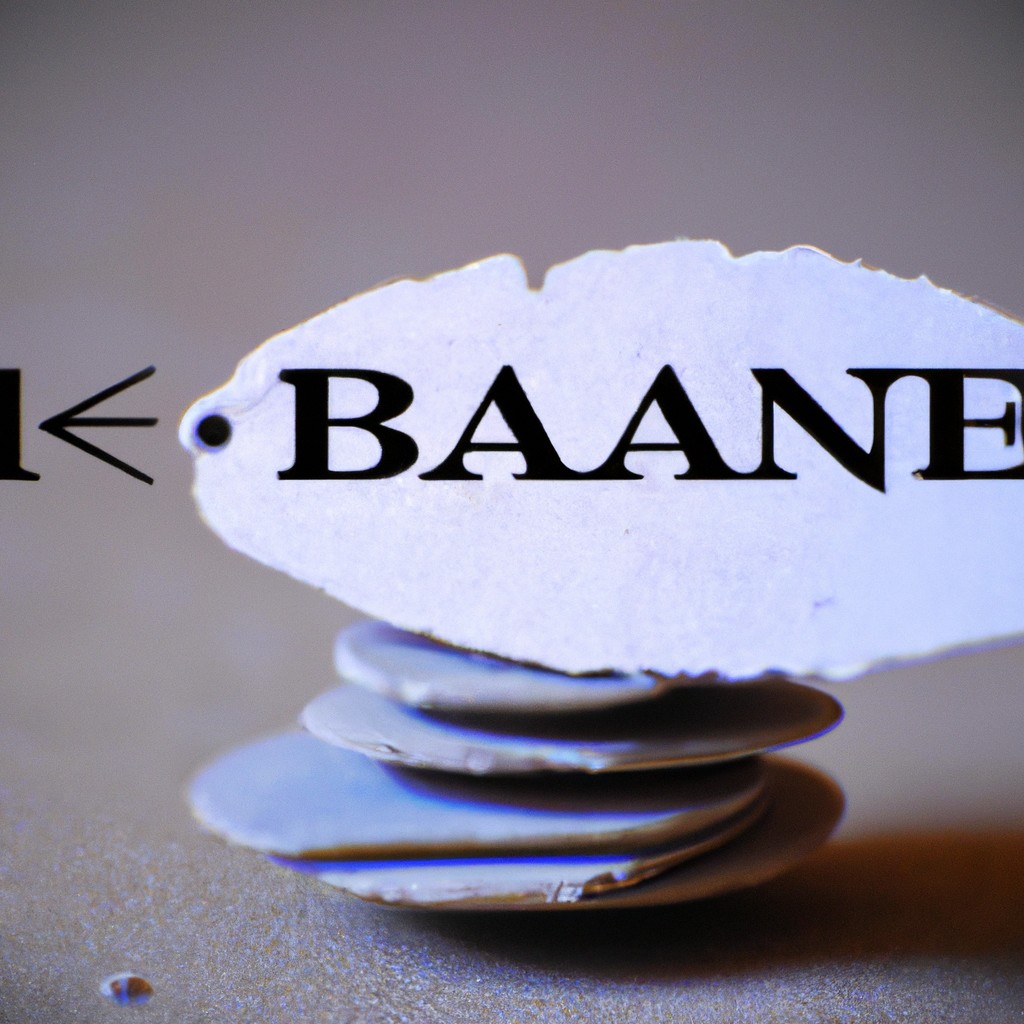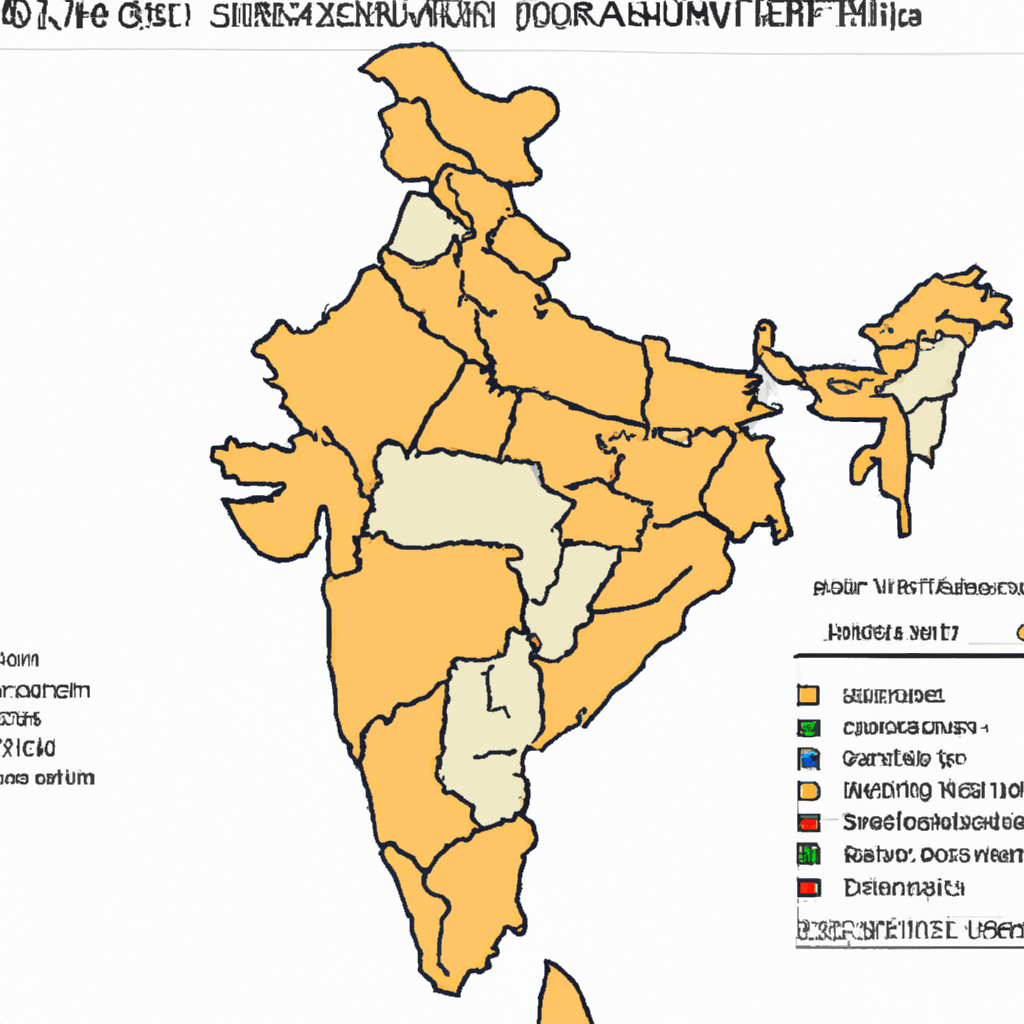Promoting Digital Literacy

Promoting digital literacy is vital in today's technology-driven world. It empowers individuals with skills required to navigate and utilize digital tools effectively. By providing access to digital devices, internet connectivity, and relevant resources, we can bridge the digital divide. Digital literacy enables people to communicate, collaborate, and participate in the online world. It also opens up opportunities for education, employment, and personal development. Digital literacy equips individuals with critical thinking and problem-solving skills, enabling them to evaluate and analyze information. It also enhances creativity, as people learn to produce and share digital content. Promoting digital literacy brings positive social and economic impact, ensuring inclusivity and empowering individuals to thrive in the digital age.
Read more
Lack of media literacy

Lack of media literacy is a pressing concern in our modern society. Many people struggle to critically analyze information they encounter, resulting in misinformation spread. Without the necessary skills to evaluate credibility and bias, individuals become vulnerable to manipulation. This ignorance undermines their ability to make informed decisions, impacting their personal lives and society as a whole. Media literacy is crucial in today's fast-paced digital world, where the abundance of information can blur the line between fact and fiction. By educating ourselves and others, we can empower individuals to navigate the complex media landscape and protect themselves from misinformation. It is essential to prioritize media literacy and equip people with the tools they need to be discerning consumers of information.
Read more
Media literacy and critical thinking

Media literacy and critical thinking are essential skills in today's information-driven society. With the constant bombardment of information from various sources, it is crucial to be able to discern fact from fiction. Media literacy helps individuals analyze and evaluate media messages, enabling them to make informed decisions about what to believe and share. Critical thinking, on the other hand, encourages a deeper understanding by questioning assumptions and examining evidence. Together, these skills empower individuals to navigate the vast sea of information, identify biases, and seek out reliable sources. By developing media literacy and critical thinking, we can become more active and discerning consumers of media, promoting a more informed and engaged society.
Read more
Education and literacy rates

Education and literacy rates play a crucial role in shaping the development and progress of societies. Access to quality education enables individuals to acquire knowledge and skills necessary for personal growth and societal advancement. Similarly, high literacy rates are an indicator of a well-educated society, leading to improved socioeconomic conditions and opportunities. Education and literacy rates also positively impact health outcomes, reduce poverty, and promote gender equality. However, disparities in education and literacy rates still exist globally, with marginalized communities facing the greatest challenges. Efforts to enhance education systems, eradicate illiteracy, and prioritize equitable access to education remain vital for achieving sustainable development and fostering inclusive societies.
Read more












